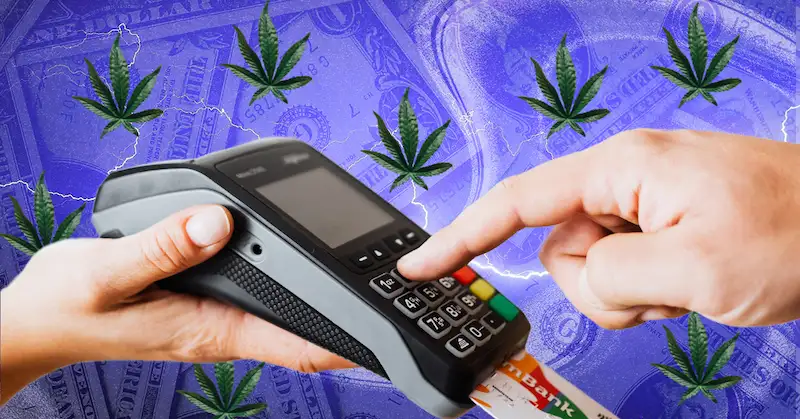
Could Wikipedia’s crowdsourcing be the solution to pandemic misinformation?
Published:
Updated:
Need the full story?
Sign up for The Hustle to get the business world's wildest stories delivered daily. This one's on us.
Related Articles
-

-
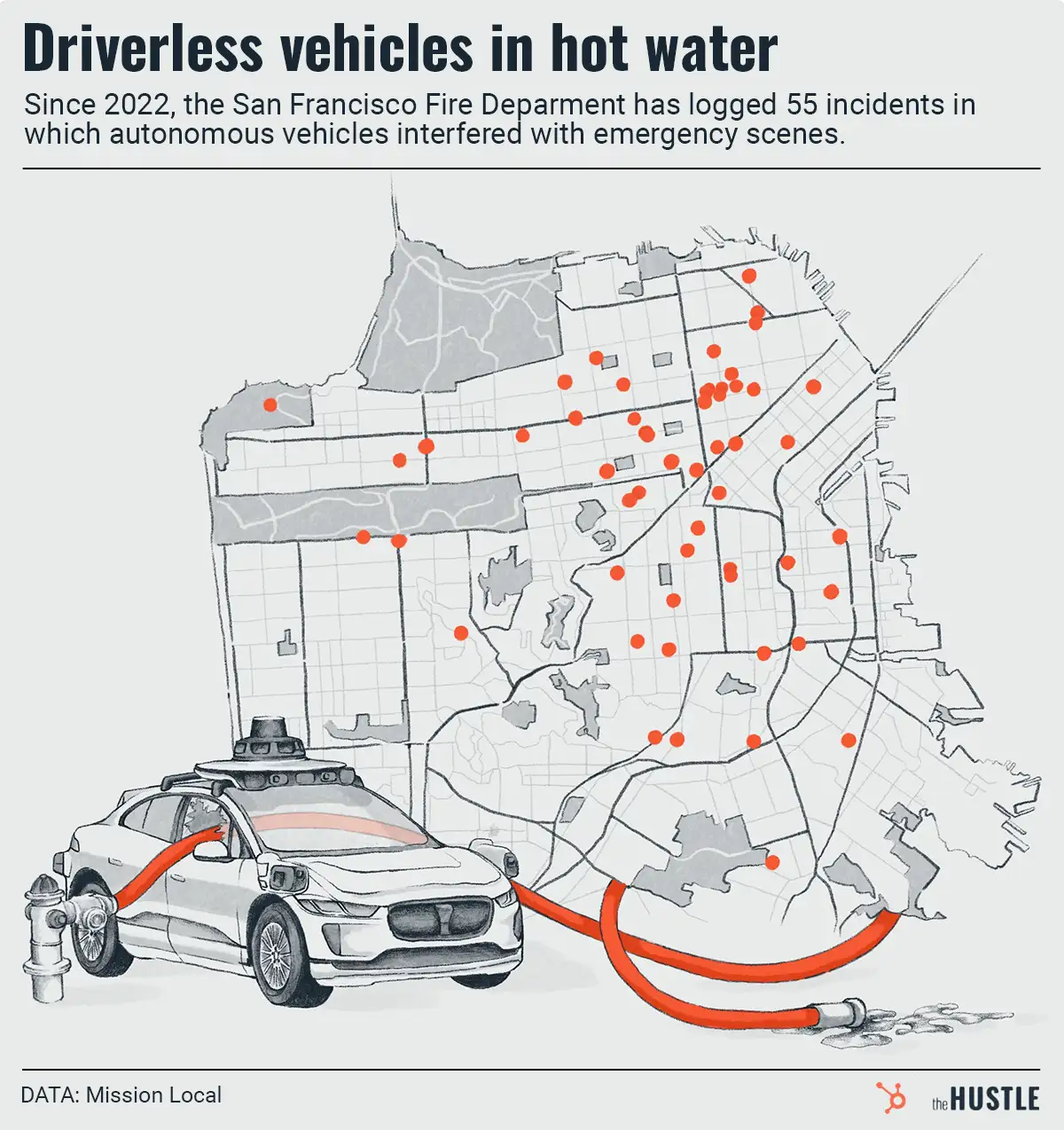
Where there’s smoke, there’s an autonomous vehicle blocking a fire
-
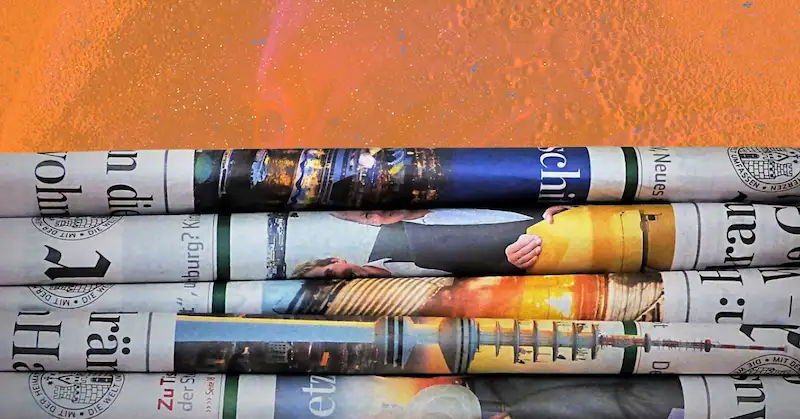
Meta vs. Canada is a long pattern of dismantling news
-
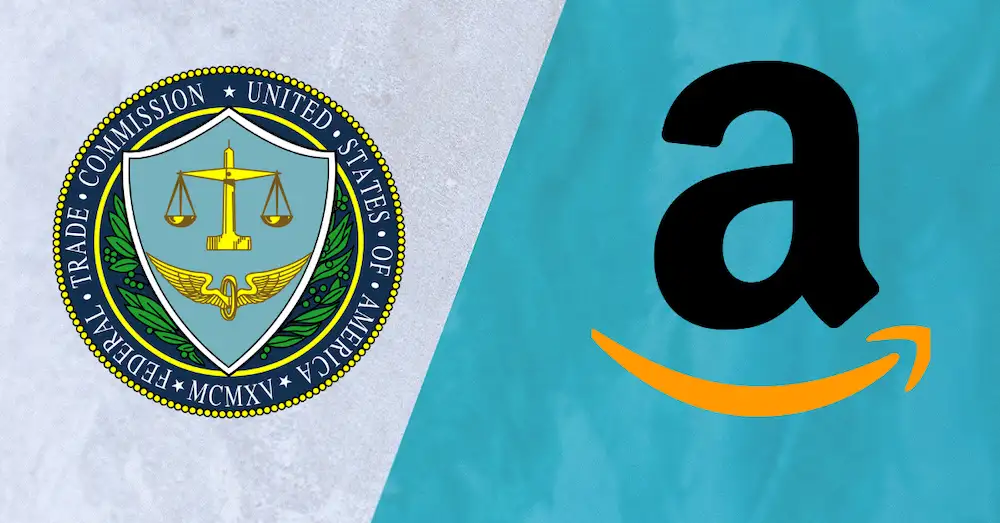
Is the ‘Big One’ about to drop on Amazon?
-
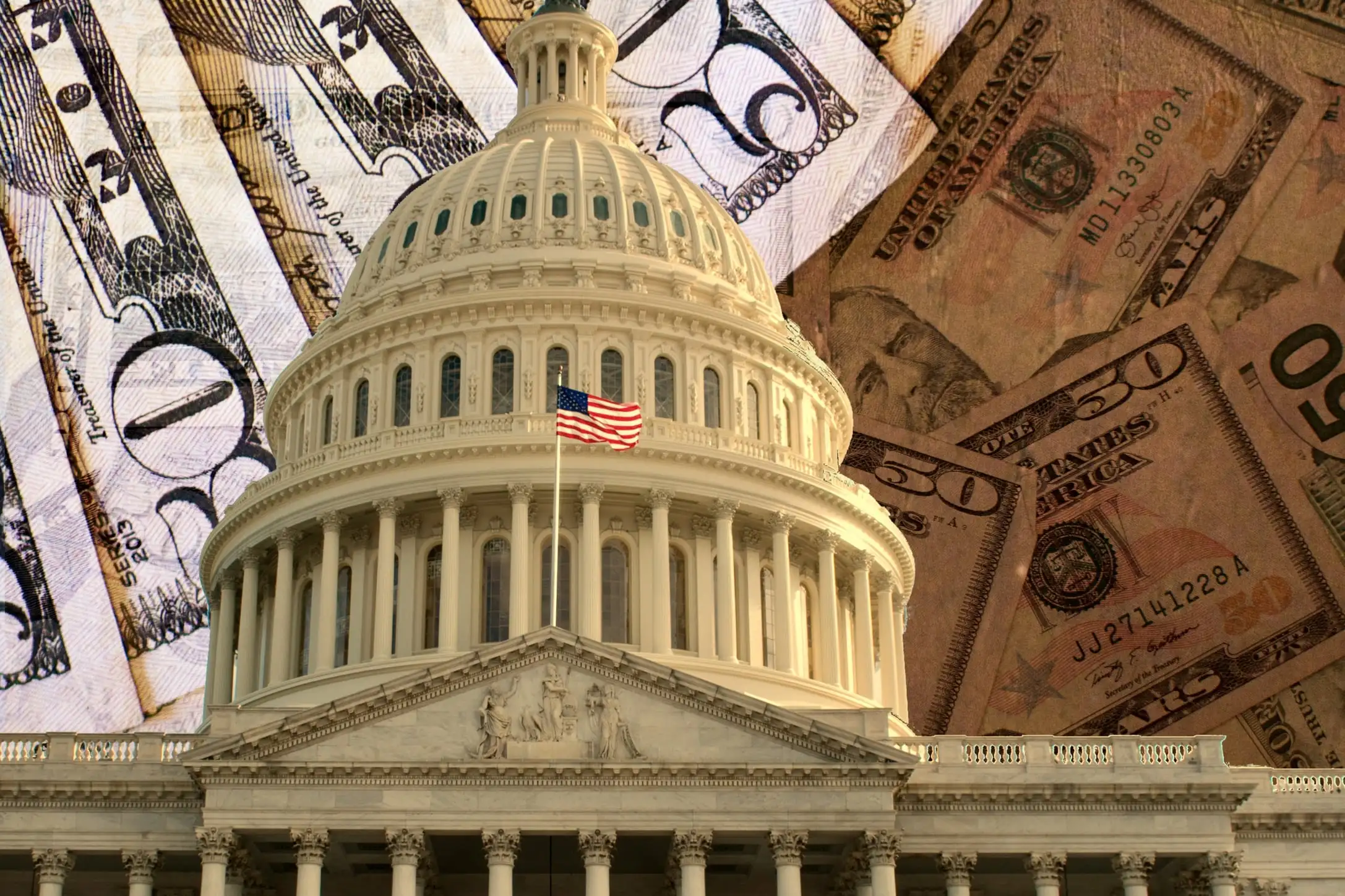
We’ve gotta talk debt ceiling — and you’re already asleep
-
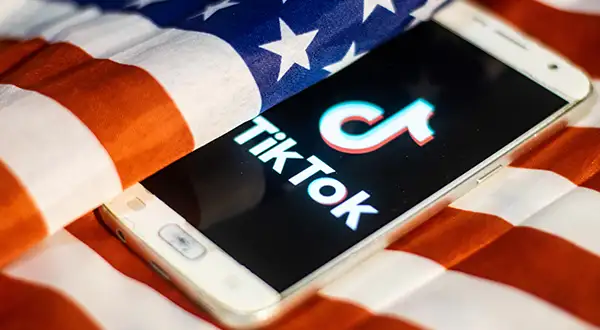
TikTok’s new plan to avoid getting banned in the US
-
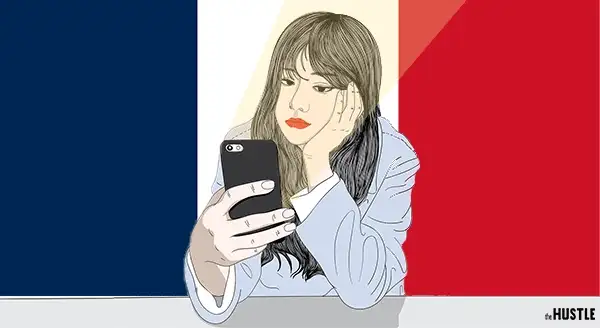
France vs. social media dishonesty
-

Canada’s drug experiment
-
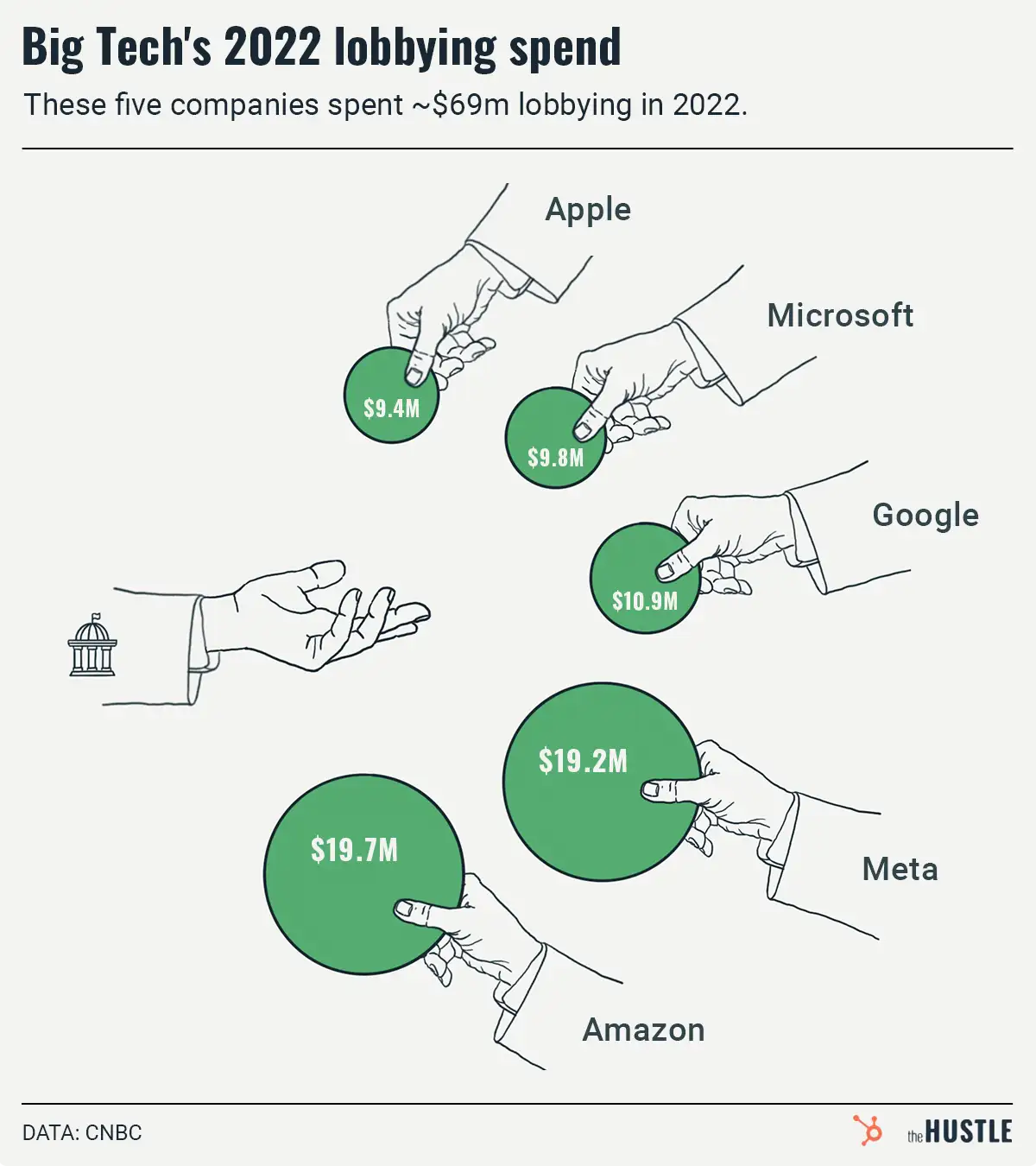
What the past year of tech lobbying looked like
-

The $1.4B prison phone call industry gets an overhaul

